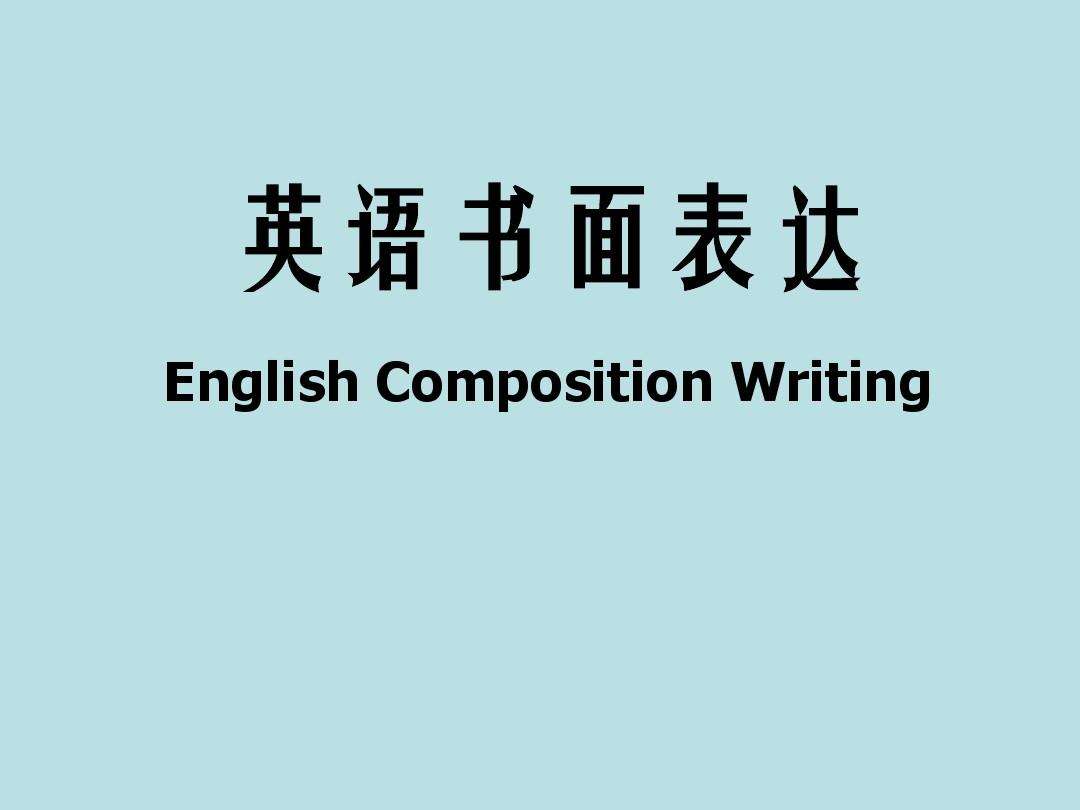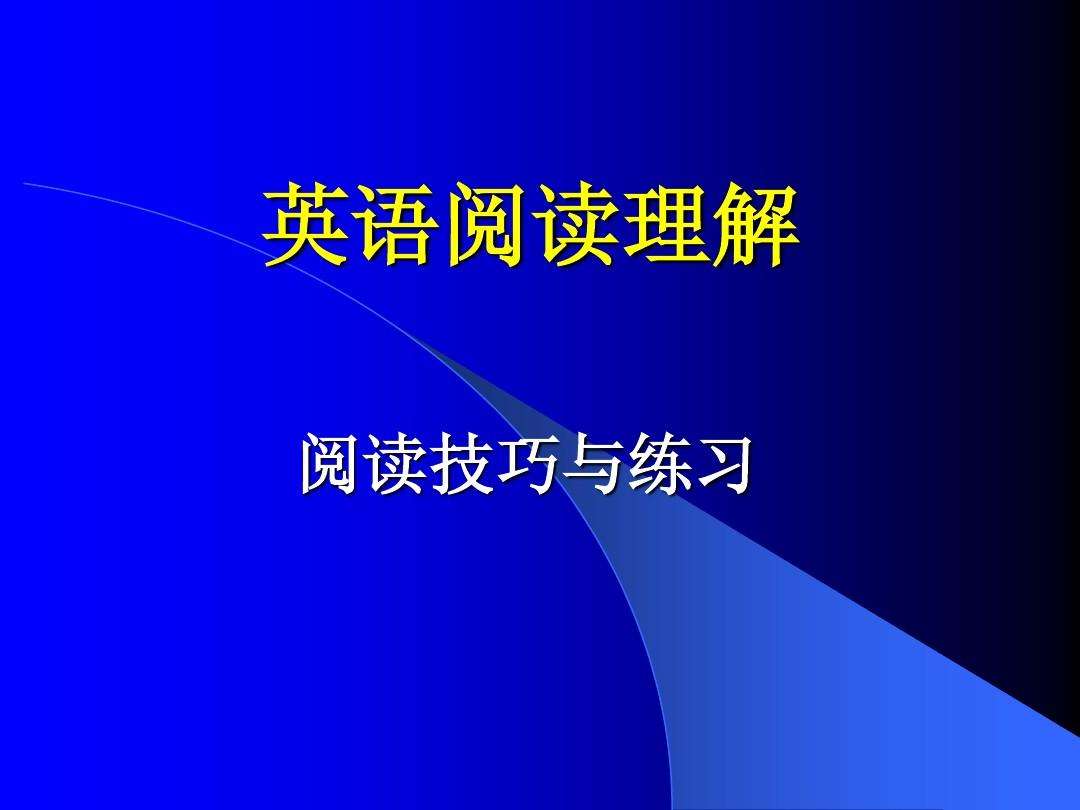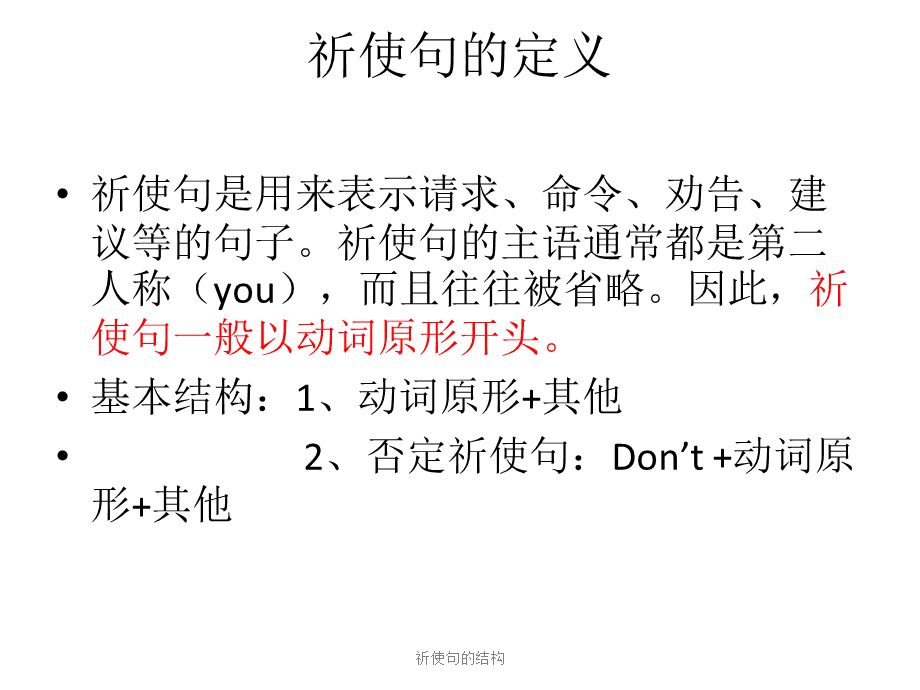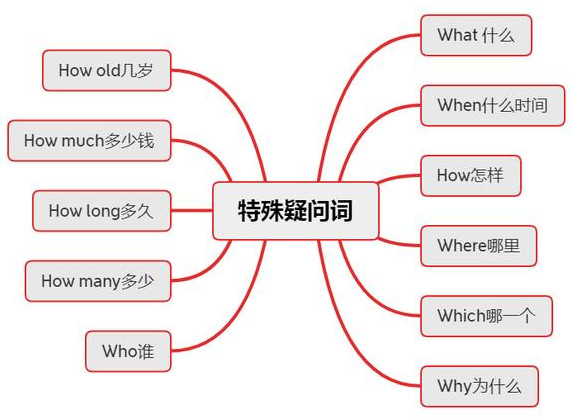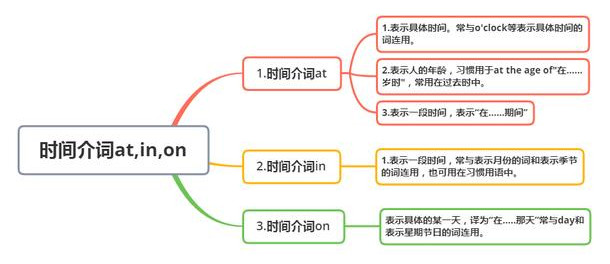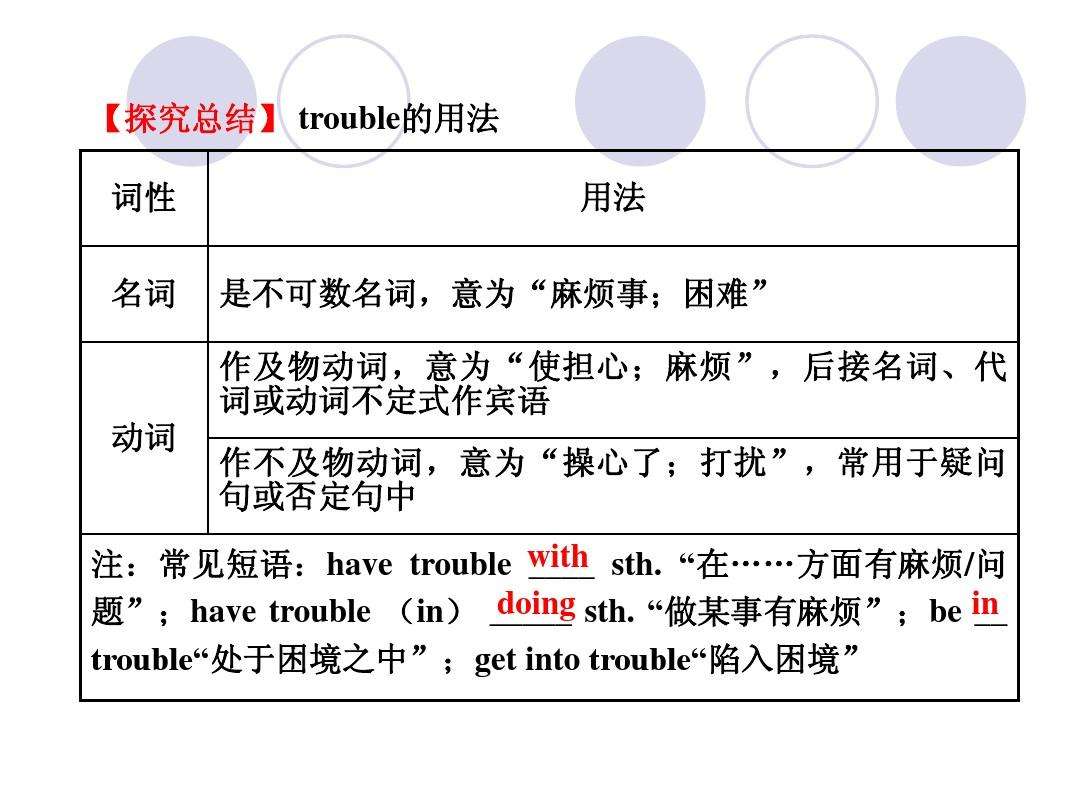| 宜城教育365速发国际靠谱么_365bet亚洲官方网址_预付365商城下载网www.bjtlcd.com 省略句:

是英语的一种习惯用法。按照语法的分析,句子应该具备的成分,有时出于修辞上的需要,在句中并不出现,这种句子叫做省略句。
其特点是:
虽然省去句子语法构造所需要的组成部分,但仍能表达其完整的意义。省略形式多样,从单词、短语到分句,都可以省略,而且各有一定的衔接关系,不容臆断。
省略句是英语的一种习惯用法。按照语法的分析,句子应该具备的成分,有时出于修辞上的需要,
在句中并不出现,这种句子叫做省略句(elliptical sentences,这种语法现象称为“省略”)
(ellipsis or leaving words out。其特点是:虽然省去句子语法构造所需要的组成部分,但仍能表达其完
整的意义。省略形式多样,从单词、短语到分句,都可以省略,而且各有一定的衔接关系。)
例如:Are you tired? Yes, tired. (省略主语)
Don’t play in the street. (省略主语)
How (hard) they are working! (省略形容词)
(Is there) anything wrong with your watch, Tim? (省略助动词)
He has just come back from the barber’s. (省略掉shop)
Would you like to go out with us? Yes, I’d like to. (省略了to go out)
She was poor but (she was) honest. (省略相同部分)
省略现象:
一、单词省略
1、省略介词
He spent four hours (in) going over his lessons. 他花了四个小时复习功课。
I ' ve studied Eng1ish (for) five years. 我已学五年英语了。
2、省略连词 that
I believe (that) you will succeed . 我相信你们会成功的。
It ' s a pity (that) he ' s leaving. 他要走,真遗憾。
I ' m sure (that) she will help you. 我肯定她会帮你的。
3、省略关系代词
I ' ll give you all (that) I have. 我要把我所有的一切都给你。
He read the book (which) I got yesterday. 他看过我昨天买的书了。
二、句子成分的省略
1、省略主语
Beg your pardon.
(我)请你原谅。( Beg 前省略了主语 I )
Take care!
当心!( Take 前省略了主语 you )
Looks as if it will rain.
看起来象要下雨。( Looks 前省略了主语 it )
2、省略谓语
Who next?
该谁了?( Who 后面省略了谓语 comes )
The river was deep and the ice thin.
( ice 后面省略了 was )
We ' ll do the best we can.
我们将尽力而为。( can 后面省略了动词 do )
3、省略表语
Are you ready? Yes, I am.
你准备好了吗? 我准备好了。( am 后面省略了 ready )
He was a lover of sports as he had been in his youth.
他还是象年轻时那样,是一位运动爱好者。( had been 后面省略了 a lover of sports )
4、省略宾语
Let ' s do the dishes. I ' ll wash and you ' ll dry.
让我们洗碗吧,我来洗,你来揩干。( wash 和 dry 后面省略了宾语 dishes )
5、省略定语
He spent part of the money, and the rest he saved.
那钱他花了部分,其余的他都存了起来。( the rest 后面省略了定语 of the money )
6、省略状语
He was not hurt. Strange!
他没有受伤,真奇怪!( Strange 前面省略了状语 how )
三、不同句式中的省略
1. 简单句中的省略:
在对话中,交谈双方都知道谈论的对象,则可以省略句子的主语,省略主语和谓语的现象在交际用语中出现的很多。
(1)Looks like rain.
(2)Hope to hear from you soon.
(3)Sounds like a good idea.
2. 并列句中的省略:
在并列句中,相同的成分如主语,谓语,宾语等都可以省略:
(1)They learn French and we English.
(2)My father planned and built all these houses.
(3)John won the first race and Jimmy the second.
3. 复合句中的省略:
定语从句:
That’s the reason he is late for the conference.
状语从句:
(1)If heated, water will boil.
(2)Tom was attacked by cramp while swimming across the river.
宾语从句:
如果宾语从句中的谓语部分与主句的谓语部分或上文的谓语部分相同,可将从句部分的谓语省略。
We will do what we can(do)to help you.
—Is Mr. King in his office?
—Sorry, I don’t know(whether he is in his office or not).
4. 动词不定式的省略:在动词不定式结构中,为了避免重复,常常省略不定式结构中的动词原形,只保留to。
—Would you like to go with us ?
—I’m glad to, but I have to finish my homework.
在used to, ought to, have to, would like/love to, wish to, be going to等结构中,常常省略to后面的动词原形。
(1)They do not visit their parents as much as they ought to.
(2)He doesn’t get up early as he used to.
(3)I’ll hand it in if I have to.
(4)
—Would you like to come tonight ?
—I’d love to.
Tell , warn , order , advise , ask等动词的宾语后面接动词不定式做宾语补足语时,可以省略to后面的动词原形。
(1)He wanted to swim across the river but I warned him not to.
(2)The boy wanted to play football in the street, but his mother told him not to. 宜城教育365速发国际靠谱么_365bet亚洲官方网址_预付365商城下载网www.bjtlcd.com |






